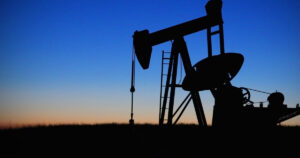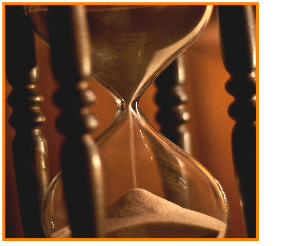A recent report by George Lee, for RTE News, speaking about the latest information form the EU’s Copernicus Climate Change Service makes for grim reading – here are the main points.
The concentration of carbon dioxide in the atmosphere has gone up by 50% in 170 years. It now stands at 419 parts per million, up from 280 parts per million (ppm) at the start of the fossil fuel era.
Experts at the EU’s Copernicus Climate Change Service reported that it went up by another 2.4ppm in 2023, coinciding with the largest single yearly rise in average global temperatures on record. The climate scientists at Copernicus are really worried – Copernicus director Carlo Buontempo said the overall global temperature last year was warmer than at any time for 100,000 to 125,000 years. This is the hottest it’s been in human history.
In America, the US National Oceanic and Atmospheric Administration (NOAA) reported a similar story but from a more financial viewpoint. US has been hit by 376 separate billion-dollar-plus weather disasters over the past 43 years, and average of 8.7 events per year. But, last year alone there were 28 such catastrophic weather events reflecting worrying evidence of increasingly frequent extreme events.
In Europe last year we experienced extreme events in the shape of heatwaves multiple daily and monthly temperature records broken, widespread drier than average conditions, record rainfall and flooding. On the global level the average temperature for the entire world was 14.98 degrees Celsius last year. This is 1.48 degrees higher than the average global temperature in 1850, which is almost reaching the 1.5 degrees of warming limit set by the Paris Climate Agreement.
Experts argue about the significance of 1.5 degrees and about the many natural and non-permanent factors that influence it (eg El Nino and Volcanic Ash), These have allowed leaders and decision makers a means to justify their inaction or as George Lee says, they “offer some kind of statistical fig leaf to hide their embarrassment over their collective failure over the past 30 years to take the climate crisis more seriously.”
However, parts per million of carbon dioxide in our atmosphere, and the extent to which that number is above the pre-industrial level of 280ppm, is a clear indication of how far the earth’s delicate energy balance is out of kilter. There can be no ambiguity when it comes to the relentless rise in the concentration of carbon dioxide and other greenhouse gases in the atmosphere. By burning fossil fuels we release the gasses that stay in the atmosphere for hundreds of years, locking in more and more heat and energy from the sun and fueling increasingly catastrophic and more frequent weather events.

Only months after COP28 in Dubai this is the stark and grim message, based on the latest science and research from the EU’s Copernicus Climate Change Service and the United States National Oceanic and Atmospheric Administration.
COP28 was far from the breakthrough and decisive event that many had hoped for but at least on paper it did agree to pursue deep, rapid, and sustained reductions in greenhouse gas emissions, and to start transitioning away from fossil fuels in energy systems, in a just, orderly, and equitable manner. Participants also agreed to accelerate all these actions during this critical decade.
What is on paper needs to be translated into action very rapidly. Achieving this is an enormous task that will require great change – change that will no doubt be pushed back against by governments and those with vested interest.
“Transitioning away from fossil fuels is the only thing that can be done in response to authoritative and worrying climate reports such as those released this week.”
We don’t have a moment to waste.
To read the full story:http://www.rte.ie/news/analysis-and-comment/2024/0114/1426362-climate-change-reports/


You must be logged in to post a comment.